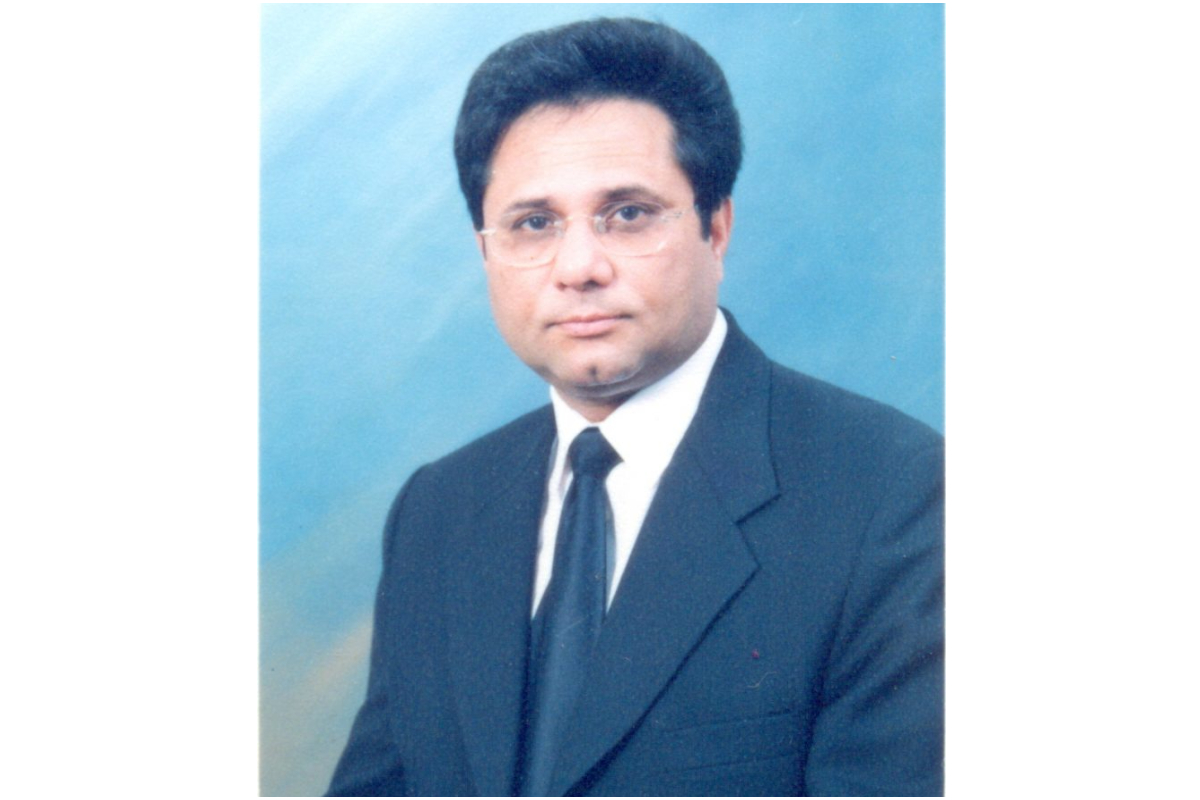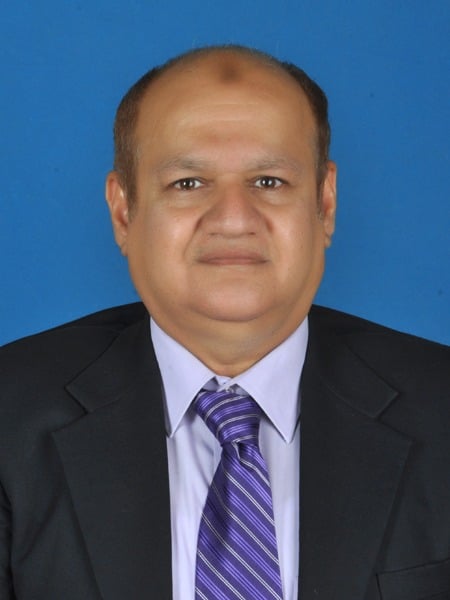
Economic Chaos
ISLAMABAD: Pakistan is confronted with three main challenges, including the rising inflation, current account deficit and a very high fiscal deficit, which is the mother of all ills, said Dr Ikramul Haq, Advocate Supreme Court and the visiting faculty at the Lahore University of Management Sciences (LUMS).
When you have a high fiscal deficit, you have lower growth and more pressure on your foreign exchange reserves. Because imports and exports are interlinked, which ultimately causes growth retardation, recession and high inflation, he added.
High inflation and growth retardation cause stagflation and become a real challenge for the government to avoid recession-like situations. In the past, the countries, which faced similar situations, took massive corrective measures. We also need innovative and revolutionary measures, otherwise recession will ultimately destroy the working capacity of our state institutions.
Dr Haq specialises in constitutional, corporate, media and cyber laws, ML/CFT-related laws, IT, intellectual property, arbitration and international tax laws.
He is chief editor of taxation and country editor and correspondent of International Bureau of Fiscal Documentation (IBFD) and the member of the International Fiscal Association (IFA). He is also the member of the Advisory Board and visiting senior fellow of Pakistan Institute of Development Economics.
Following are the excerpts of an exclusive talk with him:
Do you think that the ongoing political instability in the country has increased the economic woes and put our sovereignty at stake?
Yes, indeed. On the political front, the state, as a whole, is facing the brunt of political instability, which is perpetual and now it is taking a heavy toll on the economy. All the friendly countries, which want to help Pakistan, are closely monitoring the political developments in the country. In the end what really matters is the state viability, which is to be seen.
In the past, we saw that the superpower like the USSR, which was at that point of time, despite its huge army and almost invincible defence, wither away when the economic collapse began.
Pakistan with its federal structure is also facing the same kind of problems. So, we have to look holistically and resolve the issues, which are making the economic collapse-like conditions.
After the nuclear tests in 1998, harsh economic sanctions were imposed on Pakistan but even then the economic uncertainty was not so intense the way it is now? Your take.
Compared with that period, this ongoing crisis is very much homegrown. After the nuclear tests, there was cohesion and unity among the nation. Apart from this brotherly and friendly countries such as Saudi Arabia and China supported us.
Since 2008, the country experienced the failure of the hybrid governments, which pushed the people in despair. Since inception, neither military nor civilian governments were able to resolve the problems of the common man.
Besides, first Covid-19 pandemic and then Russia-Ukraine conflict created supply chain issues globally, especially in the energy sector, while for Pakistan, another factor, which devastated the economy, especially the agriculture sector, was the flash floods.
Without any doubt, this is the most testing time for Pakistan because of the lack of productivity. What is really alarming and unfortunate is that we are facing political polarisation and the culture of intolerance, where the political leaders do not want to see each other’s faces.
The political forces and their supporters never used such uncivilised vocabulary and bad language against each other in the past. It not only left a very bad taste but also set very wrong examples and benchmarks for the younger generation.
In the current scenario, the establishment is distancing itself from intervening in political matters. In the past, the political forces looked up to them for direction or support. But now, they have to make decisions on their own to bring the country back on track.
What are the reasons behind the ballooning trade deficit and the lowest tax-to-GDP ratio in the region?
The basic problem is the lack of structural reforms. With these kinds of outdated institutions and the lack of governance, this outcome was natural. Because of ill-planning, the population is witnessing an unabated increase and we did not pay attention to it. The lack of public transportation system increased the fuel consumption, while inefficiencies in the power sector increased the electricity tariff, ultimately jacking up the cost of production. Previously, we used to have a four to five-year plan so these challenges never arose.
Regarding the tax-to-GDP ratio, I must say that it is disappointing because of the sectoral imbalances. The industries are contributing over 60 per cent in total taxes, whereas the services and agriculture sectors are not contributing revenue as per their contribution to the GDP.
The taxation issue is also related to political economy, in our parliament, the majority of MNAs, MPAs and Senators are landlords and they are not ready to allow implementation of agriculture tax and, even after the 18th Amendment, the provinces are not ready to impose agriculture tax.
The federal government imposed wealth tax on them but it did not yield desired results. The provinces are also reluctant to impose this tax because they are getting a huge share of money from the divisible pool of the National Finance Commission (NFC).
There are also loopholes in our tax machinery, which is totally outdated and is not capable enough to collect full taxes from the existing taxpayers.
The Federal Board of Revenue (FBR) did not have the capacity or will to broaden the tax base. With so much waivers and tax amnesties and other distortions, it is near to impossible to enhance the tax-to-GDP ratio to the desired levels.
In your opinion, what is the fate of the IMF programme?
I am sure that if this situation continues, we will not be able to complete this Extended Fund Facility (EFF) programme, mainly because the change of the regime took place at a very wrong time.
The second best option was early elections and let the IMF continue discussions with the new caretaker government because the programme has to end in September anyhow.
Earlier, the coalition government had criticised the Pakistan Tehreek-e-Insaf (PTI) government for accepting the IMF’s harsh terms and conditions. In my view, the ninth review will be even harsher. So, if they continue with the programme, it will be economically an incorrect decision and a political blunder on their part. I think for face saving, the government should suspend this programme and let the caretaker government deal with this matter.
There are enough reasons and excuses for the suspension of this programme, such as floods devastation, higher energy prices and the current security situation of the country.
Do you think in given circumstances friendly countries like Saudi Arabia and China will support Pakistan?
Only those who are living in a fool’s paradise should believe what the government officials are saying because of the kind of political turmoil Pakistan is in, even the local investors will think twice before making any investment.
The investment commitments of Saudi Arabia in the refinery sector was not new and it will not take place until the political dust will be settled down.
Catch all the Economic Pulse News, Breaking News Event and Latest News Updates on The BOL News
Download The BOL News App to get the Daily News Update & Live News.








 Read the complete story text.
Read the complete story text. Listen to audio of the story.
Listen to audio of the story.